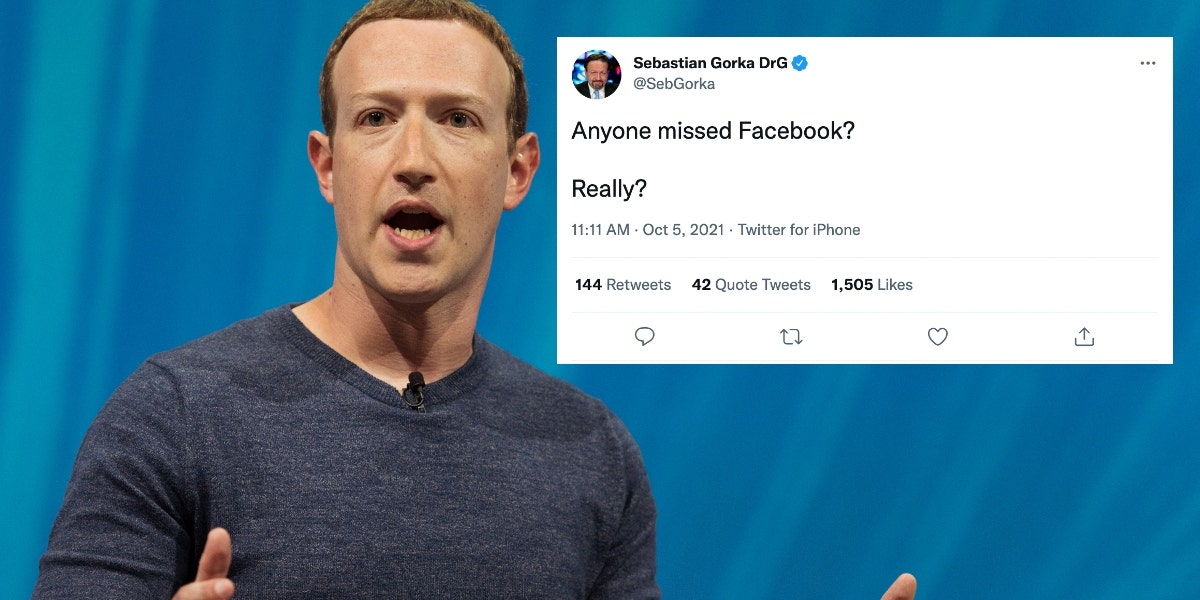Everyone, Including Facebook, Knows We'd Be Happier Without Facebook — And Monday's Outage Proved It
Would we be better off without it?
 Frederic Legrand - COMEO / Shutterstock.com
Frederic Legrand - COMEO / Shutterstock.com After using Facebook for over half of a decade I can safely say that most of the people that I speak to who use Facebook also hate Facebook.
The discourse around how Facebook is a place full of misinformation and hate is hardly new. However, a lot has happened in the last 48 hours that helps shed light on Facebook’s actual impact on the daily lives of its users and the world.
Monday, October 4th, 2021, a day that will go down in infamy for the social media titan, Facebook, after the company's channels shut down for several hours.
Were we all happier when Facebook shut down?
For everyone else, browsing the remaining social media channels would lead one to believe that everyone was having a pretty good day during the 6 hour-long outage which affected Facebook, Instagram, Messenger, WhatsApp and Occulus.
Zuckerberg’s terrible, horrible, no good, very bad day started out with the fallout of Sunday night’s 60 Minutes interview in which Frances Haugen, an ex-employee of Facebook, blew the lid off of Facebook’s less than ethical practices.
By midday, while battling the new mountain of internal evidence of Facebook’s profit-first public-second policies, the whole of Facebook went down.
Facebook, Messenger, Instagram, WhatsApp, and even Occulus were all affected for 6 hours from the early afternoon well into the evening. Facebook has since stated that the unprecedented outage was caused by an issue on Facebook’s end.
While the outage made for considerable frustration from users, ridicule from other social media platforms and was generally inconvenient, many seemed happy with the shutdown.
And it makes sense, given the evidence that Frances Haugen has brought forward, which shows that Facebook knows that it has serious negative effects on the mental health of its users.
In the documents publicized by Haugen, it is made clear that Facebook knows that it has a negative impact on both individuals and societies.
Facebook has evidence that it causes negative mental health feedback loops in teen girls on Instagram and that its algorithm forces political entities to take more aggressive, inflammatory stances just to stay relevant on their platform.
Facebook does not and has never had our best interests at heart.
It is no mistake that when Facebook faces a “conflict of interests between what was good for the public good and what was good for Facebook” the company consistently chooses profit over people.
So while we’re all enjoying the jokes and memes about Facebook going dark on October 4th, it’s a good idea to think about how life was during those 6 hours of quiet.
Sure, other social media platforms were available and I’m sure saw a healthy spike in traffic, but Facebook was gone and it is unmatched in the social media space.
And maybe life was better that way.
Dan O'Reilly is a writer who covers news, politics and social justice. Follow him on Twitter.
